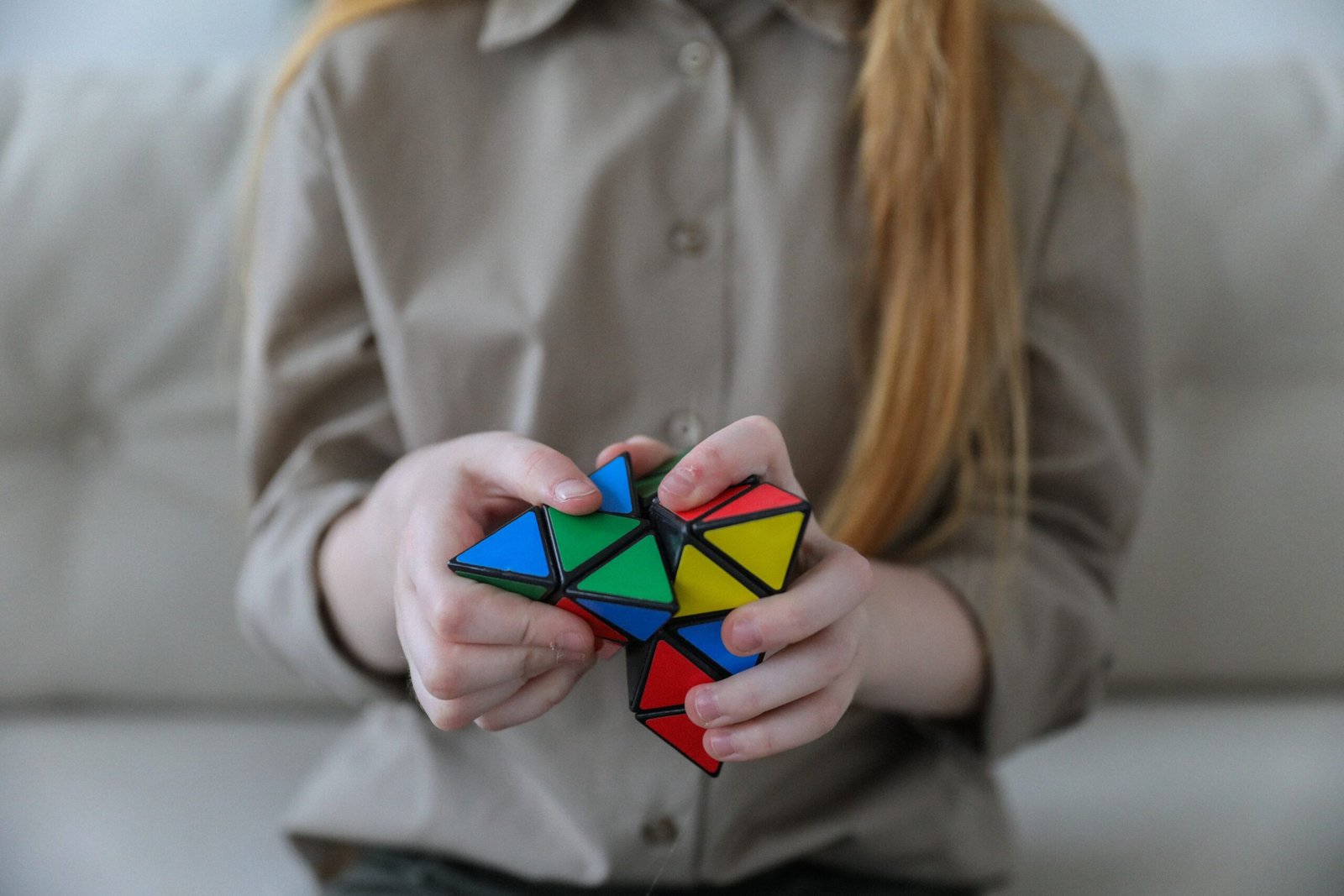6 Game Soundtracks Inspired by Ancient Healing Techniques

Video games are not just about entertainment. They’re a journey, an experience, often reflecting life and culture. One element that gamers might overlook is the soundtrack that accompanies these virtual worlds. Driven by a desire to provide immersive experiences, some game developers have incorporated elements from ancient healing techniques into their soundtracks. Let’s delve into six such games where ancient sounds resonate in a digital age. To understand the power and depth of these sounds, check out the sacred sound healing system review.
1. Echoes of Mantras
Melding ancient mantras with digital soundscapes, “Echoes of Mantras” takes players on a spiritual journey. The harmonic chants and vibrations embedded within its tracks resonate with ancient sound healing principles.
2. Amazonian Odyssey
Drawing from the indigenous tribes of the Amazon, the melodies are a blend of ancient instruments and rhythms, reminding players of a time when music was not just art but also a method of healing.
3. Mysteries of the Nile
Much like how artists, such as those in this article, draw from ancient mysteries, this game’s soundtrack channels the energies of ancient Egypt. It uses authentic instruments and scales aligned with traditional sound therapies.
4. Tibetan Tunes
Borrowing heavily from Asian traditions, especially Tibetan singing bowls and the Chinese guqin, the audio experience is not only soulful but rejuvenating. Many players report feeling a unique sense of calm, akin to a sound therapy session.
5. Sacred Spirits
With a strong influence from Native American tribes, the soundtrack embodies ancient ceremonies’ spirit and heart. Rhythmic drums and haunting flutes transport players to sacred rituals, enhancing immersion.
6. Universal Melodies
An amalgamation of sounds from various ancient cultures, “Universal Melodies” weaves a universal tapestry of healing. This game resonates with the sentiment that, across different times and geographies, humanity has turned to music for solace and recovery.
The effects of sound aren’t limited to video games. Their benefits can be found in real-world applications, from therapy sessions to holistic healing methods. If you’re keen on delving deeper into the ancient sounds’ significance, this article provides a comprehensive exploration of the scientific reasons behind sound healing.
The marriage of ancient practices with modern media highlights the enduring power of sound healing. As we forge ahead in the digital age, we can only hope more game developers will tap into the therapeutic power of ancient sound techniques, offering not just entertainment, but also a dose of spiritual and mental rejuvenation.
The Science Behind Sound Healing
Sound healing is more than a mystical concept; it’s rooted in science. Vibrations, at their core, are a form of energy. When channeled correctly, they can have profound effects on the human psyche and body. Ancient civilizations, from the Egyptian priests to the shamans of the Amazon, realized this and incorporated sounds into their healing rituals. Modern science supports these ancient practices, as studies have shown that specific frequencies and rhythms can stimulate the brain, enhance mood, and even promote physical healing.
The Modern Renaissance of Ancient Sounds
As the world speeds up with technological advances and urbanization, there’s a collective yearning to connect with our roots. This has led to a resurgence in embracing ancient wisdom, from yoga and meditation to the use of sound for therapeutic purposes. Game developers, in their quest to offer unique experiences, have recognized this trend. By integrating ancient healing sounds into their soundtracks, they provide an opportunity for gamers to reconnect with age-old practices. As a result, while playing, gamers not only engage their strategic and motor skills but also experience a deep sense of relaxation and connection.
The Future of Gaming and Sound Therapy
Imagine a future where video games aren’t just a source of entertainment but also a therapeutic tool. With the incorporation of ancient healing sounds, this could soon be a reality. Developers could collaborate with sound therapists and neurologists to craft experiences tailored to individual needs. A person suffering from anxiety might play a game embedded with frequencies known to soothe the mind. Another, recovering from a physical injury, could immerse themselves in a game that stimulates tissue regeneration through sound. The potential is vast and holds promise for a holistic approach to gaming.
